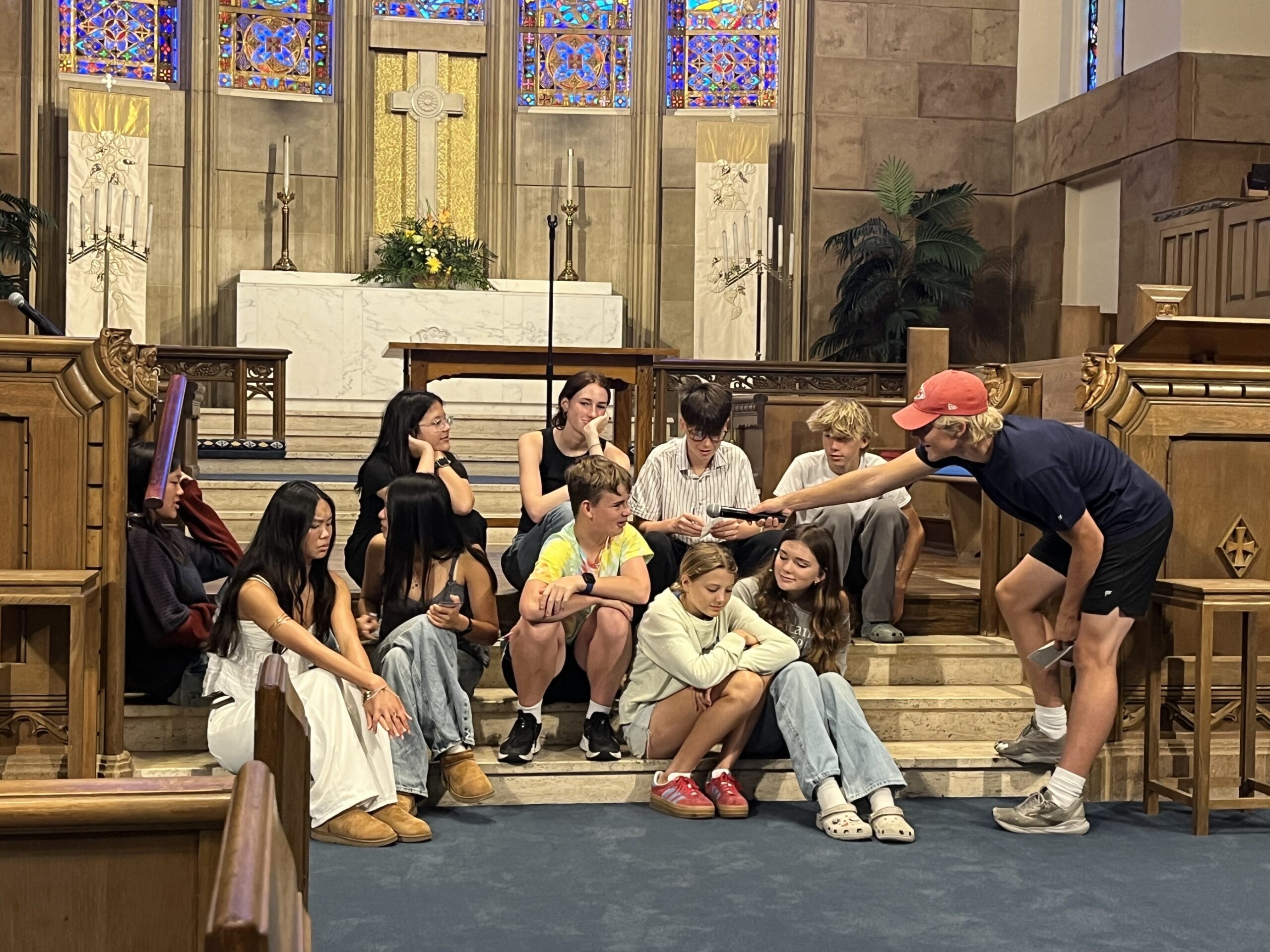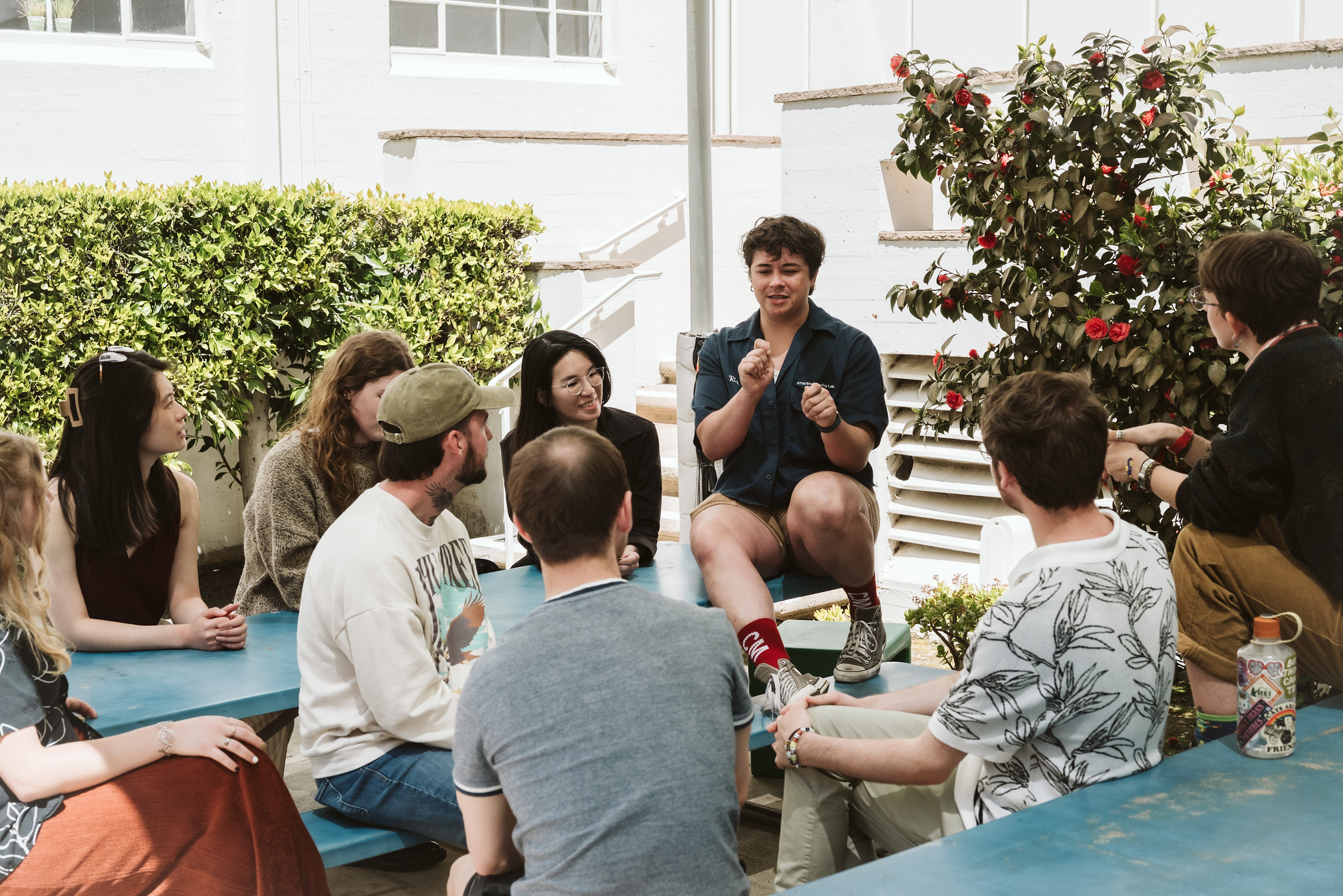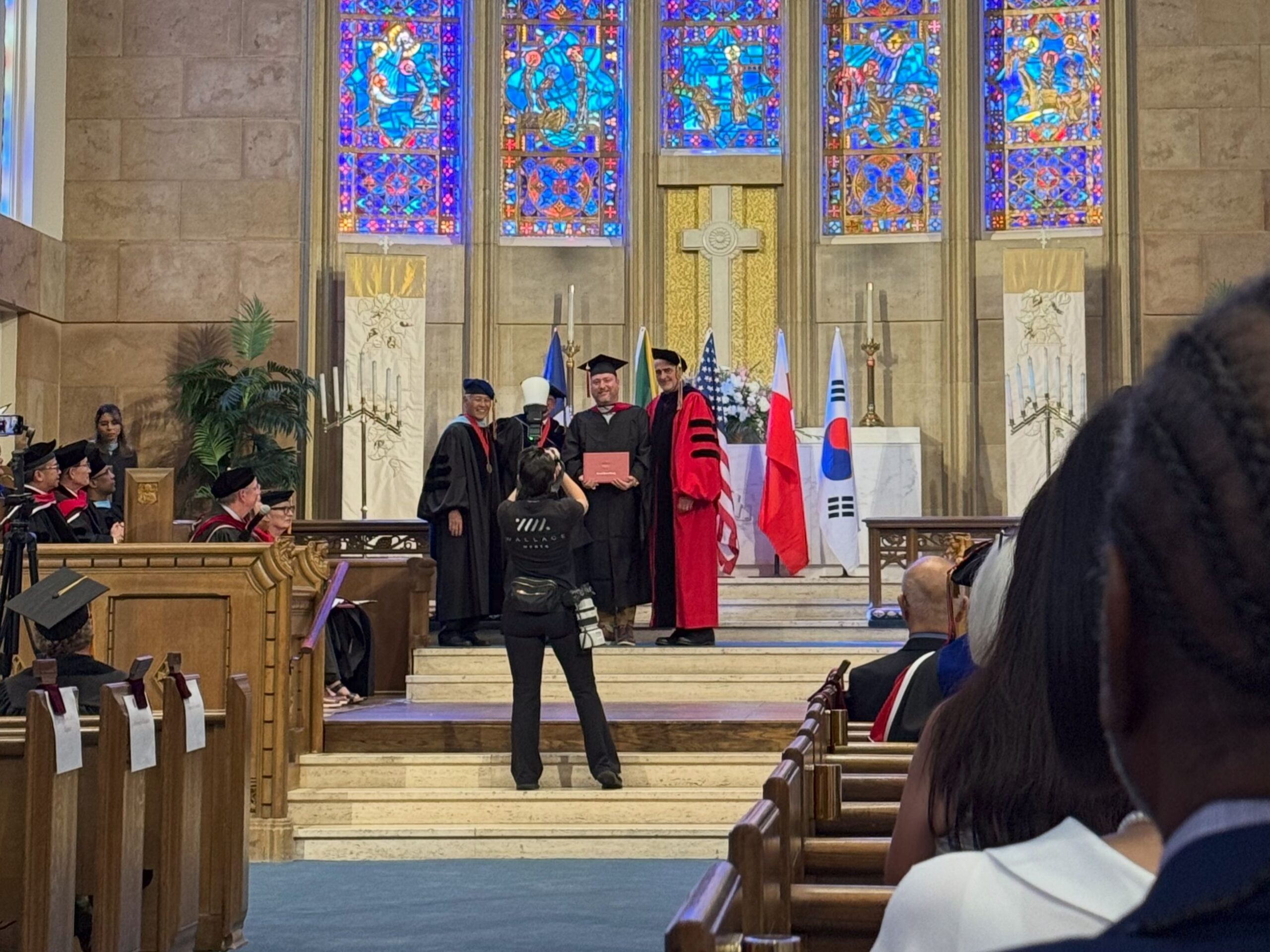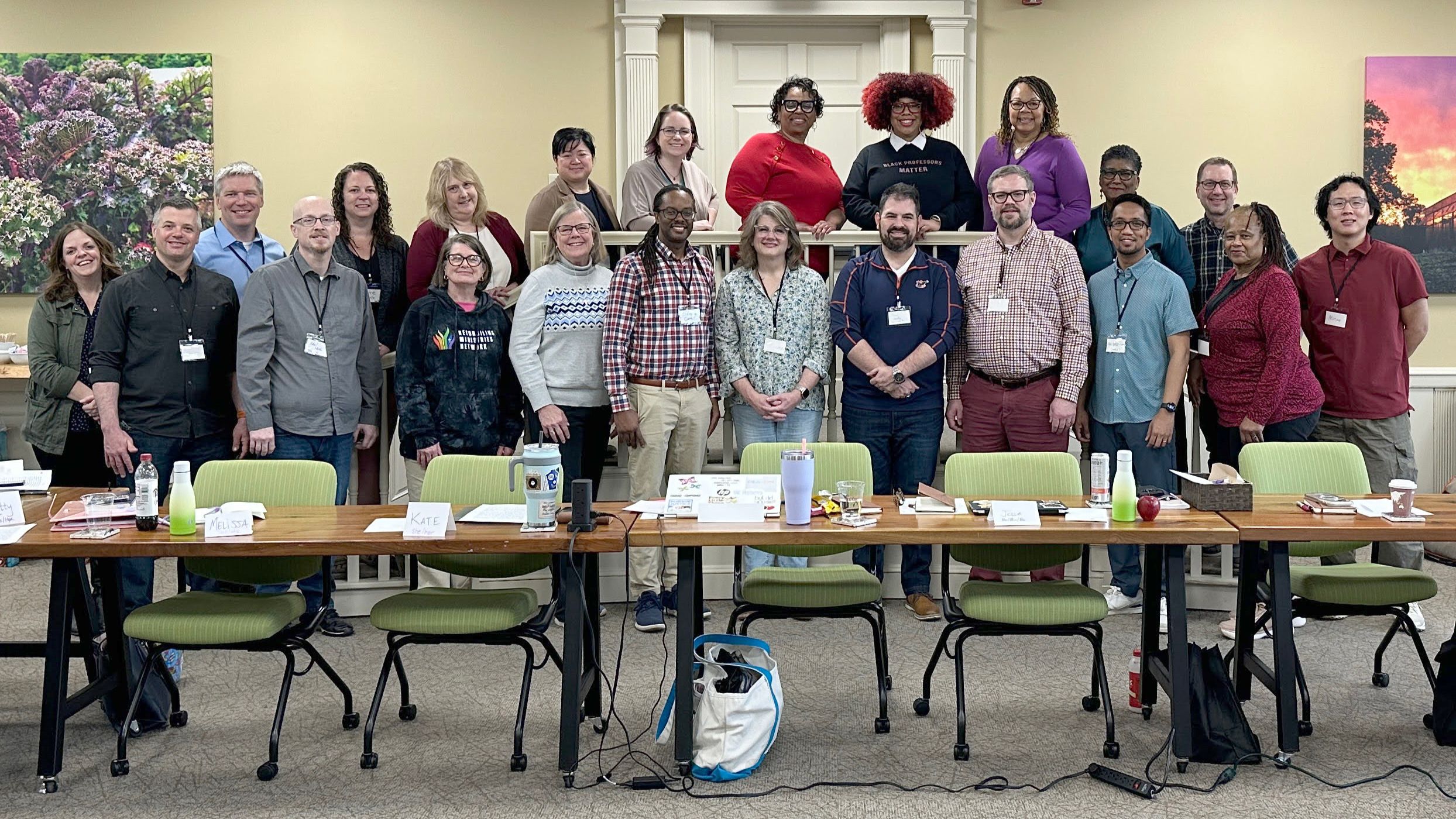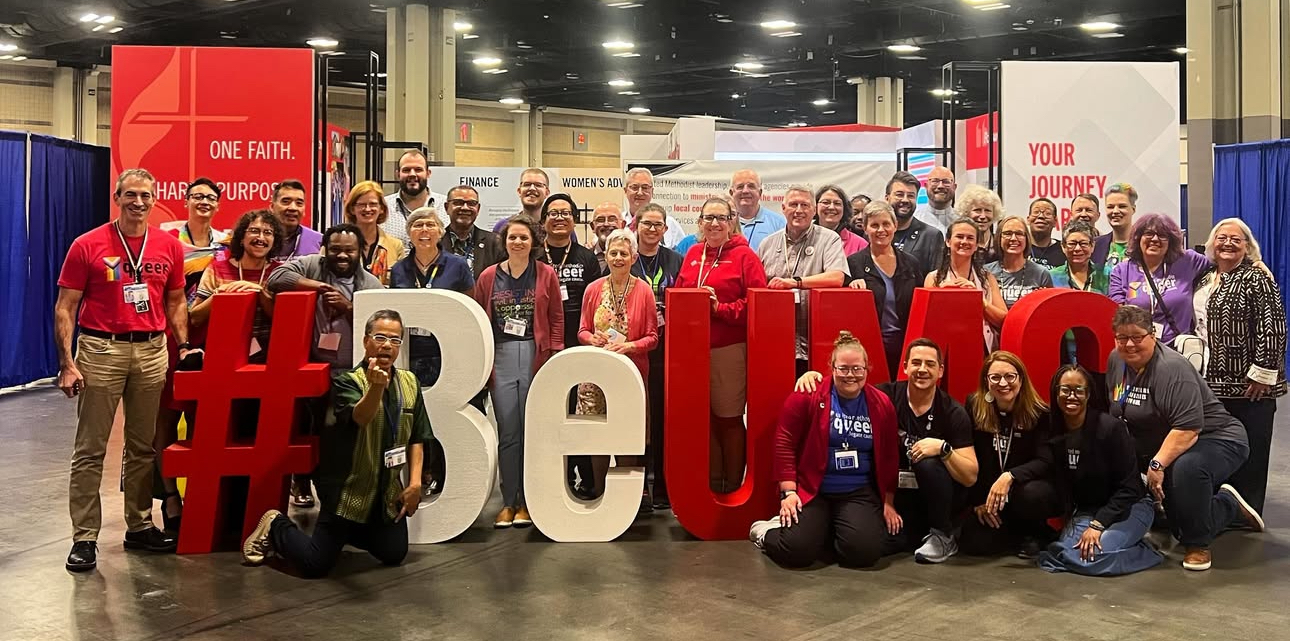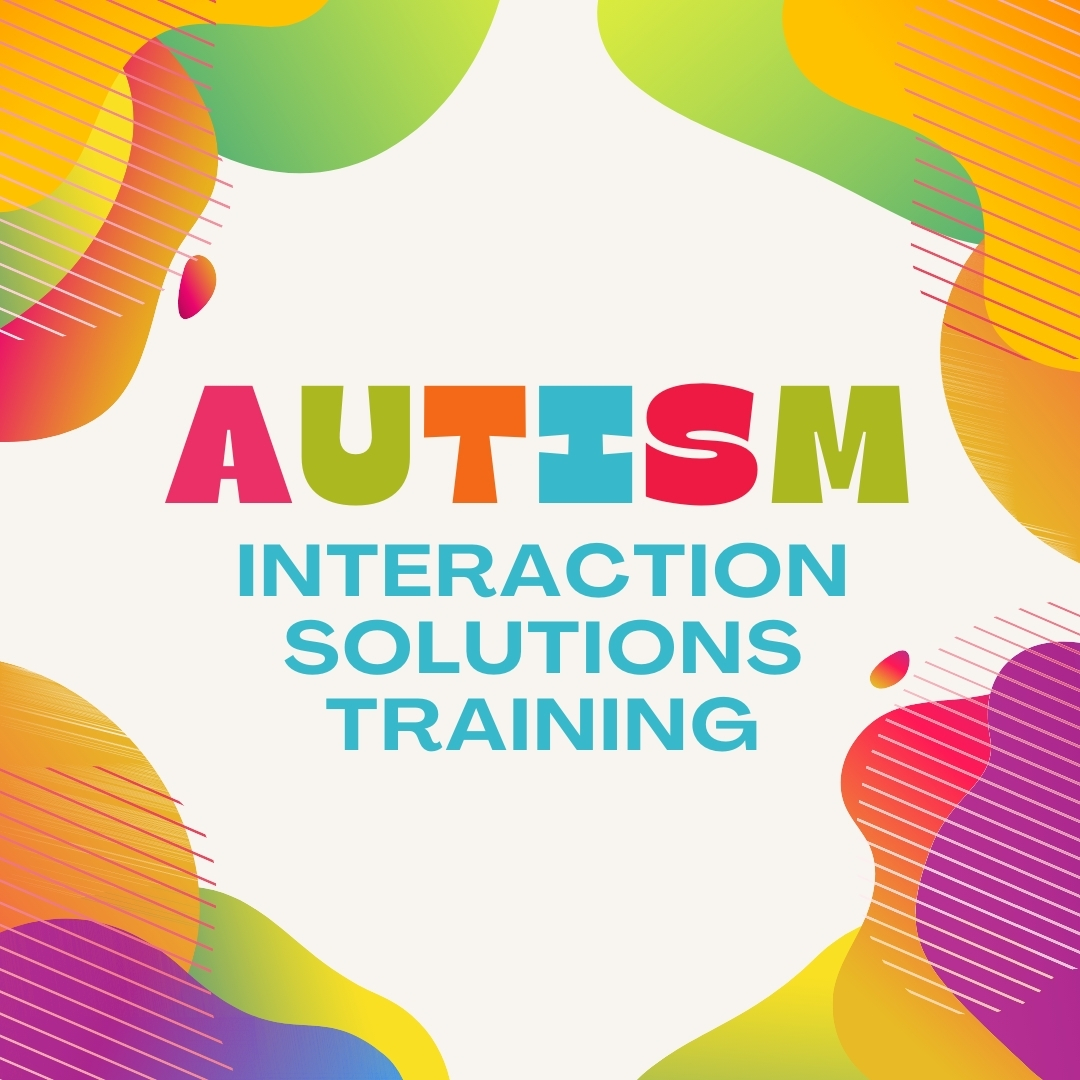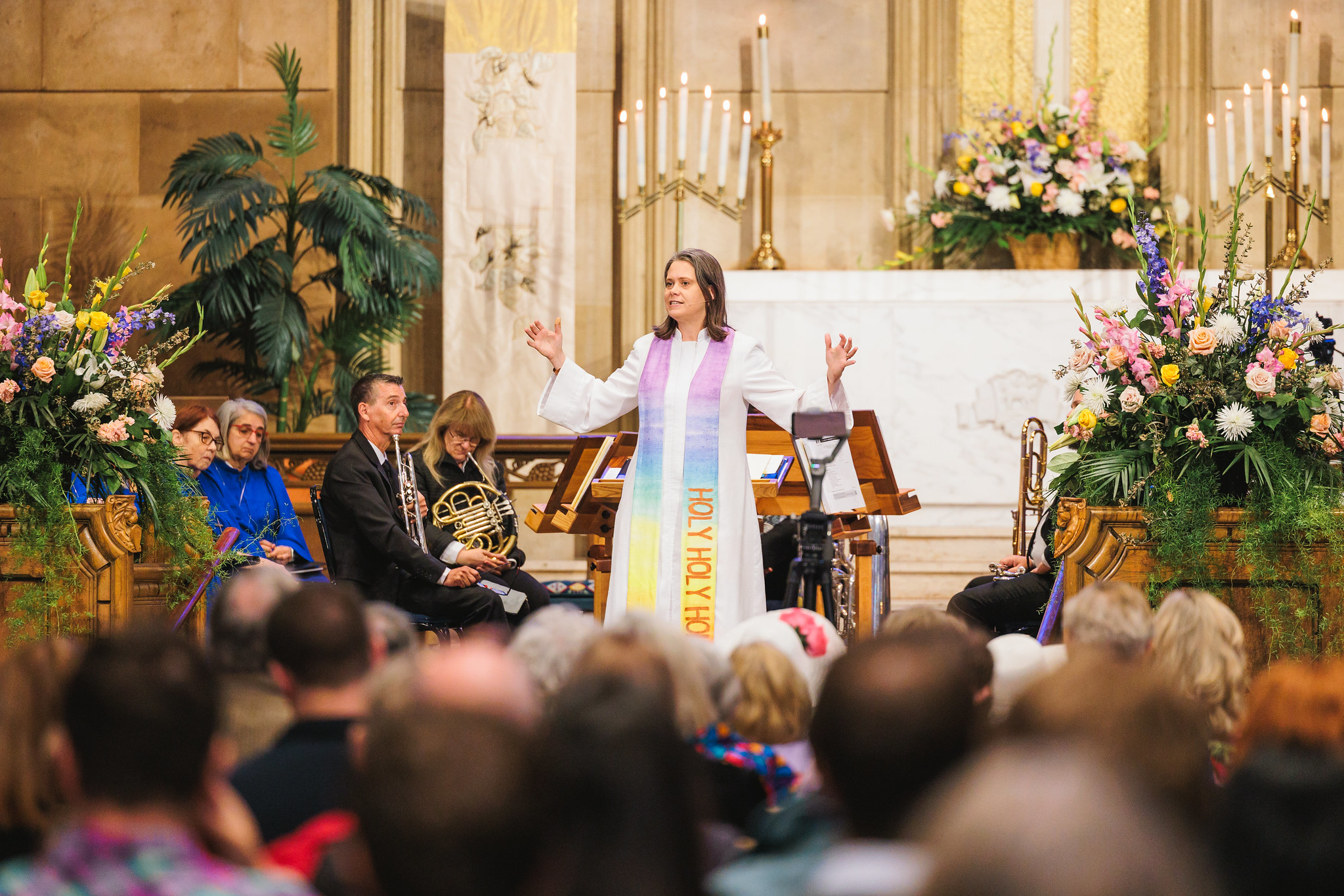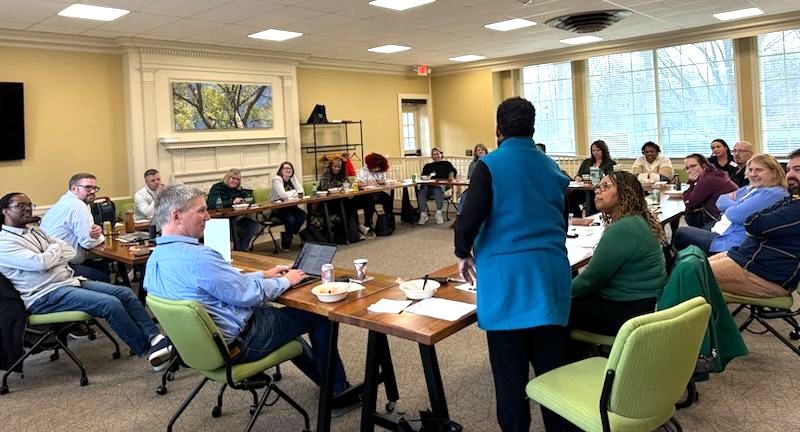Dear Westwood Family,
I hope this pastoral note finds you all doing well! I am currently in New Orleans researching, writing, and visiting plantations to learn more about the indigenous West and Central African foodways that my ancestors brought to America. It is, perhaps, the Holy Spirit that has aligned my travels for my research with the pastoral note you are about to read. I invited my best friend and colleague, Dr. Seth Schoen, to share what Juneteenth means to him as a white person.
Before you read his reflection, I want to share a bit about the history of Juneteenth. Despite the Emancipation Proclamation being made effective in 1863, it could not be implemented in places still under Confederate control. As a result, in the westernmost Confederate state of Texas, enslaved people would not be free until much later. Freedom finally came on June 19, 1865, when some 2,000 Union troops arrived in Galveston Bay, Texas. The army announced that the more than 250,000 enslaved black people in the state, were free by executive decree. This day came to be known as “Juneteenth,” by the newly freed people in Texas.
I am sure you all know that I have plenty to say about black liberation. I thought that since the majority of our congregation is white, I thought that you all would benefit from listening to and learning from another white person. To be sure, Dr. Schoen is not just “another” white person, he is a part of a small group of white scholars who have dedicated their lives to writing and teaching about race, racism, and anti-racism. He is an expert on matters of racialization, and together, we co-created Racial Resilience, an anti-racism training seminar.
Love & Solidarity,
Rev. Dr. Carter
Dr. Seth Schoen’s Juneteenth Reflections for Westwood UMC |
The truth is I’ve never really been asked to provide a reflection for a holiday that celebrates black freedom from white racist oppression. I mean, really. Not many people want to spend time listening to a white man talking about race and racism. When you know anti-racism is the topic du jour, and you encounter something written by someone who looks like me, you get that feeling in your gut when you brace yourself for a punch. It’s a question of when it will go bad, not if. This, folx, is a big part of the problem. Homogenizing white people as racists. I mean, there are literally dozens of us practicing anti-racism as a part of our profession! Dozens! So, as one of the “hordes” of white people practicing anti-racism, I would like to share with you all the importance of Juneteenth to me, as a white person. Both Christopher and I affirm the importance of white people speaking from a place of experience and knowledge on issues of race and racism. While we all have experience with race in some way, we do not all have knowledge, because experiences don’t always provide useful knowledge. As it turns out, I am one of those people who has devoted an unreasonable amount of time to developing knowledge and experience of race and racism. That was a tough sentence to write. As Chris can tell you, I don’t enjoy speaking plainly about my expertise on race and racism, but he asked me to. So I did. If you’re like me, the importance of Juneteenth for white people may not seem obvious. I mean, aside from ending slavery, that’s a big one. Our sense of time is the first idea we need to question with respect to the importance of this holiday. As white people, we think of slavery as “a long time ago” (and too frequently in a galaxy far, far away). Let me collapse that time a bit. A twenty-year-old slave named Tempie, witnessing the arrival of General Granger on the plantation in Galveston, would have been able to tell this story at 70 to my 16-year-old grandfather. At 91, he would then have been able to share Tempie’s story with my 10-year-old self. Chattel slavery is not distant history. For me, it is second-hand knowledge. The second importance is more difficult to tell and to hear. Any historical journey into the experiences of black folx in the United States involves chattel slavery, and suffering beyond words that black bodies endured. That suffering was not passively meted out. White folx actively inflicted it. I invite you to take what will hopefully be the worst imaginative journey you have taken. Christopher and I are close friends. We share a relationship that is more akin to marriage than friendship, at least as we conceive of it. But in this journey, we are subject to the social mores of the day and bound by their context. As we move back through time, our relationship grows distant and colder. Chris goes from friend to acquaintance. Our interactions are warm but professional. Moving back, we politely say hello but know little of one another, our racial resentments bubbling just below the surface of our polite veneer. As a “good” white person, I’m bound and determined to help him, but he won’t listen to “reason.” Backward again. Chris is no longer a friend but the negro I give a handout to or employ for odd jobs because those people have it so bad. But I’ll be damned if I work next to him at the factory. They’ll never take our jobs. Back again. If he’s lucky, Chris is a sharecropper scraping together just enough to feed his family and pay rent for the land. I have my own farm and pine for the days when negroes weren’t so uppity and knew their place. Back again. We have reached our final stop. I own a plantation in Texas, and Chris is one of my slaves. I bought him and his five-year-old son. His son looks like he’ll be big and strong when he grows up. He’ll probably fetch a good price and I can use the money to take my wife on that trip to France she’s always wanted. Chris tried to run off with his son the other day. I need to remind him of his place, but the harvest is coming soon, and I need him healthy enough to work. I’ll probably just use the cat-o-nine-tails so he can still work the fields. I have cried enough writing this, so I’ve probably written enough for you to get the points I am trying to make. I would like you to consider what it would take for you to think like this about another human being. What would it take for you to deliver this kind of suffering, cruelty, and terror to a human body? For me, it would require the complete evisceration of my humanity. I could have no empathy, or regard for Christopher as a feeling, thinking, loving person. He would be less than a beast of burden and only a means to profit. While writing this, the thought of selling Isaiah caused me to erupt in tears. Yet experiences like these happened. They are our history as a country. Not confined to the deep recesses of the past, but second-hand knowledge to millennials. Juneteenth, to me as a white person, means that I can now become human. My humanity has the chance of being restored. I can be in a deep friendship across racial differences with Christopher. Isaiah can call me uncle and feel warmly about it. Racism is not over. It hasn’t ended, and neither has slavery. They have presently been rebranded as convict leasing and wokeism. But in the midst of these anti-racist struggles, hope endures, and compassion grows. Isaiah eats Clif Bars he calls Uncle Seth bars because I was the first person who shared a Cliff Bar with him. How cool is that? My relationship with Christopher and Isaiah has been deeply restorative, and without Juneteenth, this white man’s humanity has no chance of being fully restored. With peace and compassion, |



